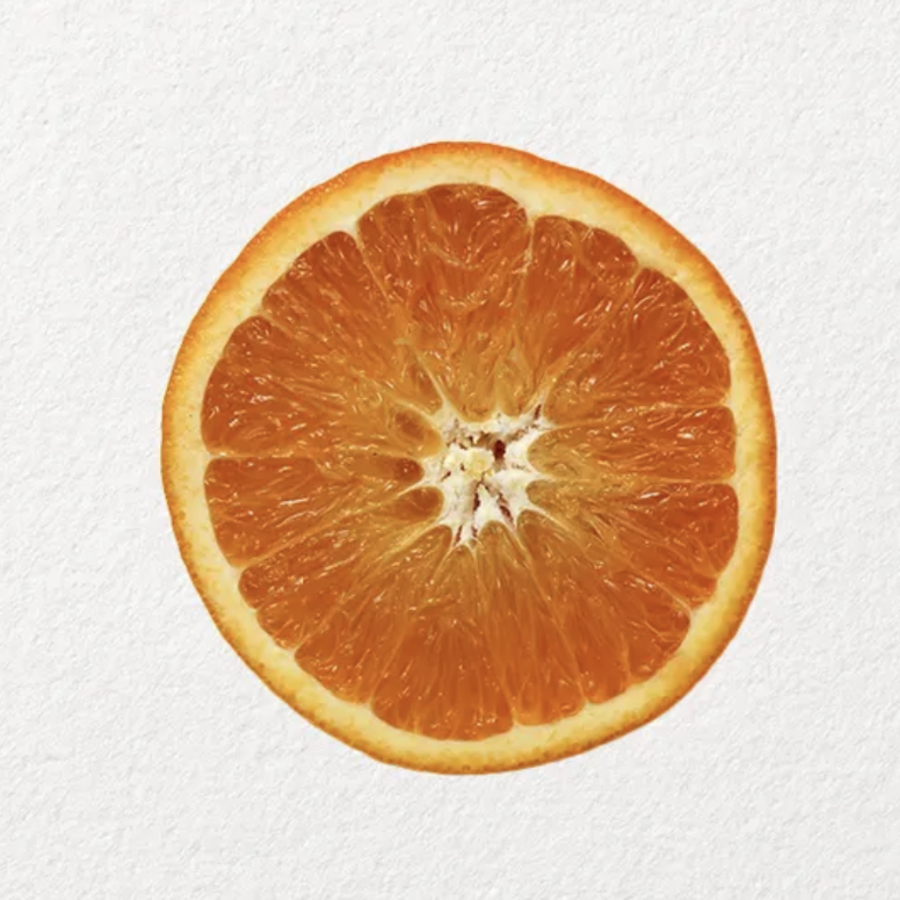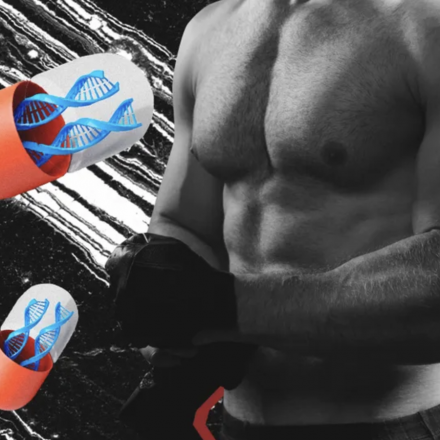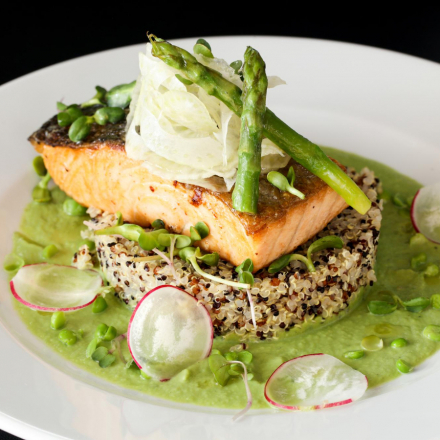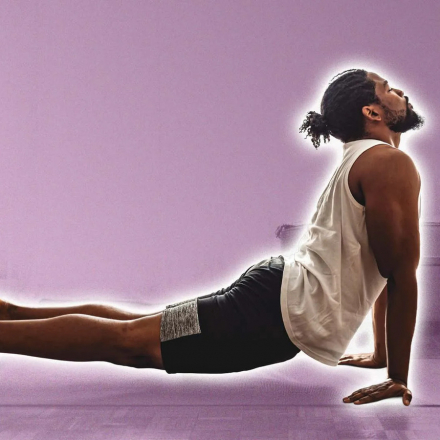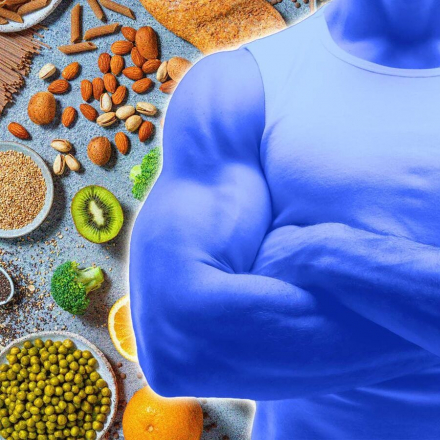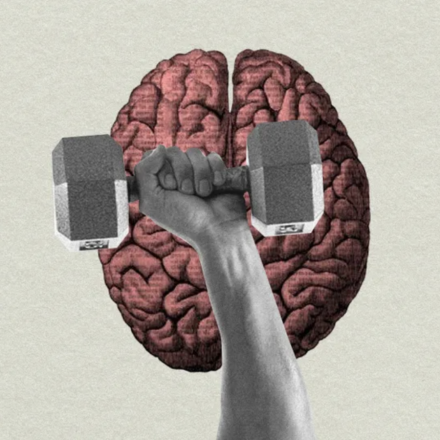сInstead of giving in to sweets, there’s a smarter option: fruits. They’re sweet, filling, and provide everything your body really needs — fiber, vitamins, antioxidants, and energy without sharp blood sugar spikes.
Here are nine fruits that are not only delicious but also genuinely help curb sweet cravings and support your health.
Grapes: Quick Sweet Boost
If you want “something quick and sweet,” grapes are your best friend. Natural sugar (about 15 g per 100 g) provides energy and satisfaction, while fiber and water prevent sharp blood sugar spikes. Plus, copper, vitamin K, and antioxidants strengthen blood vessels and reduce “bad” cholesterol. Convenient to take to work or on a walk.
Mango: Dessert Without the Guilt
Mango is a real sweet bomb and a great substitute for pastries. Vitamin C, folic acid, lutein, and zeaxanthin strengthen immunity and support eye health, especially if you spend a lot of time in front of screens. Perfect for smoothies, oatmeal, or salads. But keep in mind: 100 g of mango contains about 13 g of sugar, so don’t overdo it.
Bananas: On-the-Go Energy
Bananas are a natural energy booster. 14 g of sugar per 100 g (around 24% of the daily value) combined with fiber and slow-digesting carbs provide long-lasting satiety. Potassium supports the heart and muscles. If your sweet cravings come from fatigue, a banana can replace a pastry and recharge your body.
Apples: Crunchy and Healthy
Sweet and crunchy apples are a versatile way to reduce the urge for candy. Fiber slows digestion and stabilizes blood sugar. Apples contain vitamin C, potassium, and polyphenols that support heart and brain health. One apple is already a step toward a healthy, sugar-free snack.
Pears: Sweetness With Lasting Effect
Juicy pears keep you full for longer. Vitamins C and K, copper, water, and fiber make them an ideal snack that prevents “sugar crashes.” Anthocyanins in pears may reduce the risk of type 2 diabetes — perfect for anyone monitoring their blood sugar levels.
Kiwis: Tangy, Refreshing, and Energizing
The sweet-tart taste of kiwi “resets” your taste buds. Vitamin C and fiber energize and reduce the need for sweets. 100 g of kiwi contains about 9 g of sugar, so you can safely eat two or three fruits per day. Morning, after lunch, or as an evening snack — kiwi works at any time.
Pineapple: Sweet Without Overload
Pineapple is a fragrant competitor for any dessert. Vitamin C, manganese, and the enzyme bromelain support immunity and digestion. At the same time, it contains only 9.9 g of sugar per 100 g. You can eat it as-is or add it to dishes, enjoying sweetness without “processed” sugar.
Peaches: Juicy Like Dessert
Soft peaches feel like dessert and help maintain hydration, which reduces sweet cravings. Vitamins A and C boost mood, making sweet treats as emotional “fuel” unnecessary. A medium peach contains about 13 g of sugar — safe and delicious.
Oranges: Vitamin C Against Sweet Habits
Oranges are an excellent alternative to candy and soda. 11 g of sugar per fruit (22% of daily value), fiber, folic acid, and bright flavor trick your brain: you’ve enjoyed something, and the craving for sweets decreases.

